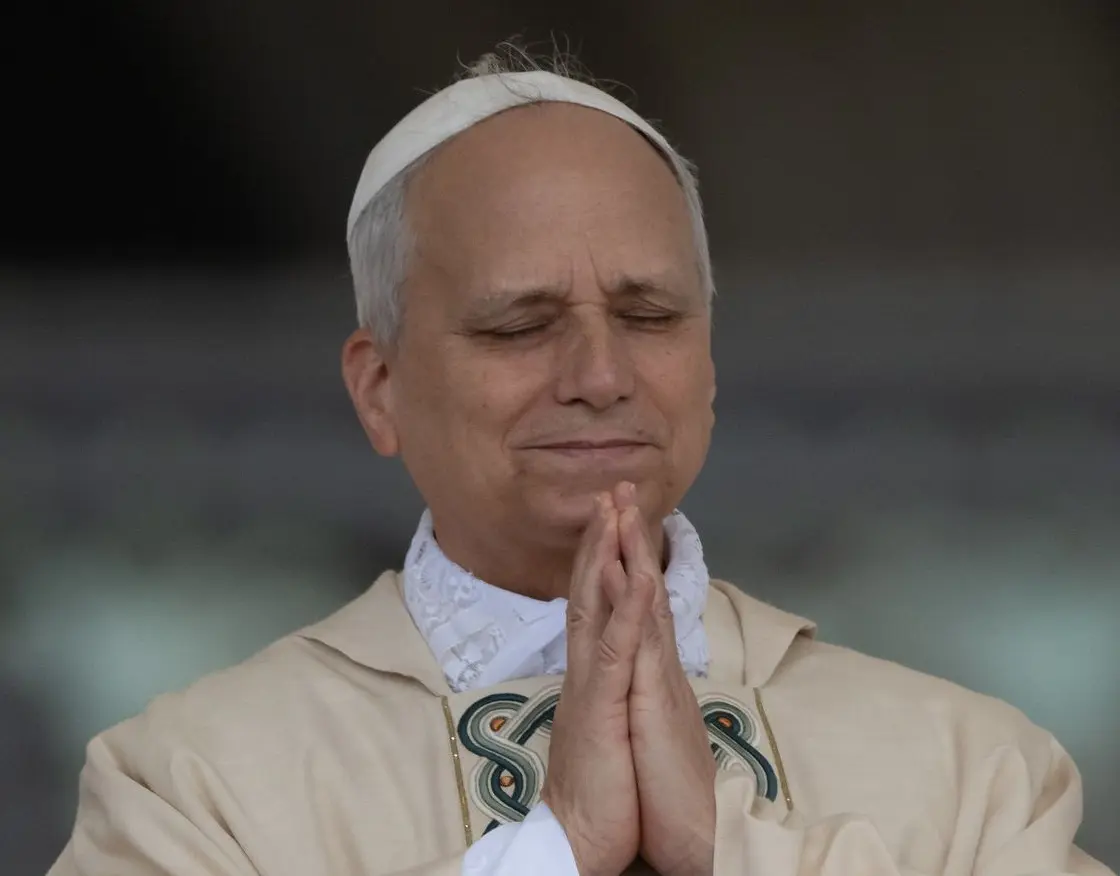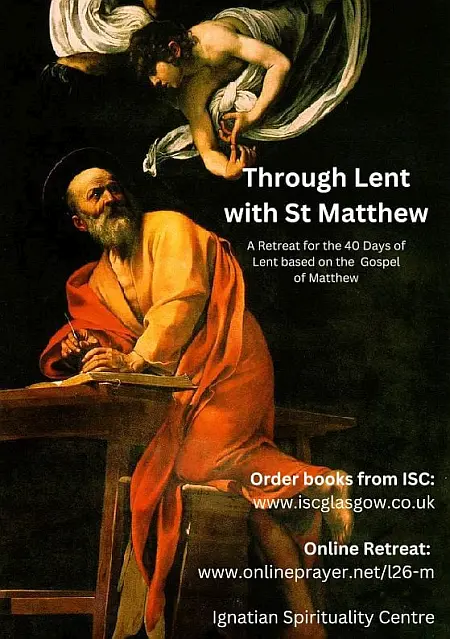Click here for some useful materials to make the most of the season of Lent
Pope Leo's Lenten Message:
Abstain from harsh words and rash judgement
This season of Lent, Pope Leo XIV invites Catholics to open ourselves to listening, fasting, and community, urging us to abstain from words of hatred in order to make space for words of hope and peace.
Lent 2026
To sign up for a Lenten online retreat with the Jesuits please click here.
To access the material for each day of the retreat please click here.
For links to apps, groups, directors, etc, for the online retreat, please click here.
For lots of other resources to use during Lent please click here.
Welcome

There is a stone plaque at the back of St Dominic’s Church which makes you think.
It was blessed in 1989 by Cardinal Basil Hume OSB (a local man) and was fixed there to mark 750 years since the Dominicans first arrived in Newcastle. The city was established by one of William the Conqueror’s sons, and in 1239 the Dominicans came to preach the Good News. They established a Priory in the part of the centre of the city which is still known as Blackfriars today.
Although the Order had to leave because of persecutions, and the priory was demolished as part of Henry VIII’s dissolution of the monasteries in 1539, the Dominicans returned to Newcastle in 1860 and bought a site to the east of the city centre constructing a new Priory and church in the years that followed. The building is intertwined with history – two stones from the demolished Blackfriars are built into the arch over the sacristy door and Hadrian’s Wall runs directly underneath.
As part of a re-structuring of their mission in Britain, the Dominicans withdrew from Newcastle in 2016 and as a small Jesuit mission we arrived here in October 2021.
St Ignatius of Loyola used to refer to the Society of Jesus as ‘the least Society’ because he was conscious of the four great Orders – the Benedictines, the Carmelites, the Franciscans and the Dominicans – who were much older and highly revered.

So, for Jesuits, it is an unusual honour to be stationed in a building dedicated to St Dominic, that carries so much local and Church history in a spiritual tradition much older than our own.
Hopefully our presence will be one that builds on this distinguished past and is of service to the people of the Tyne in the future!






